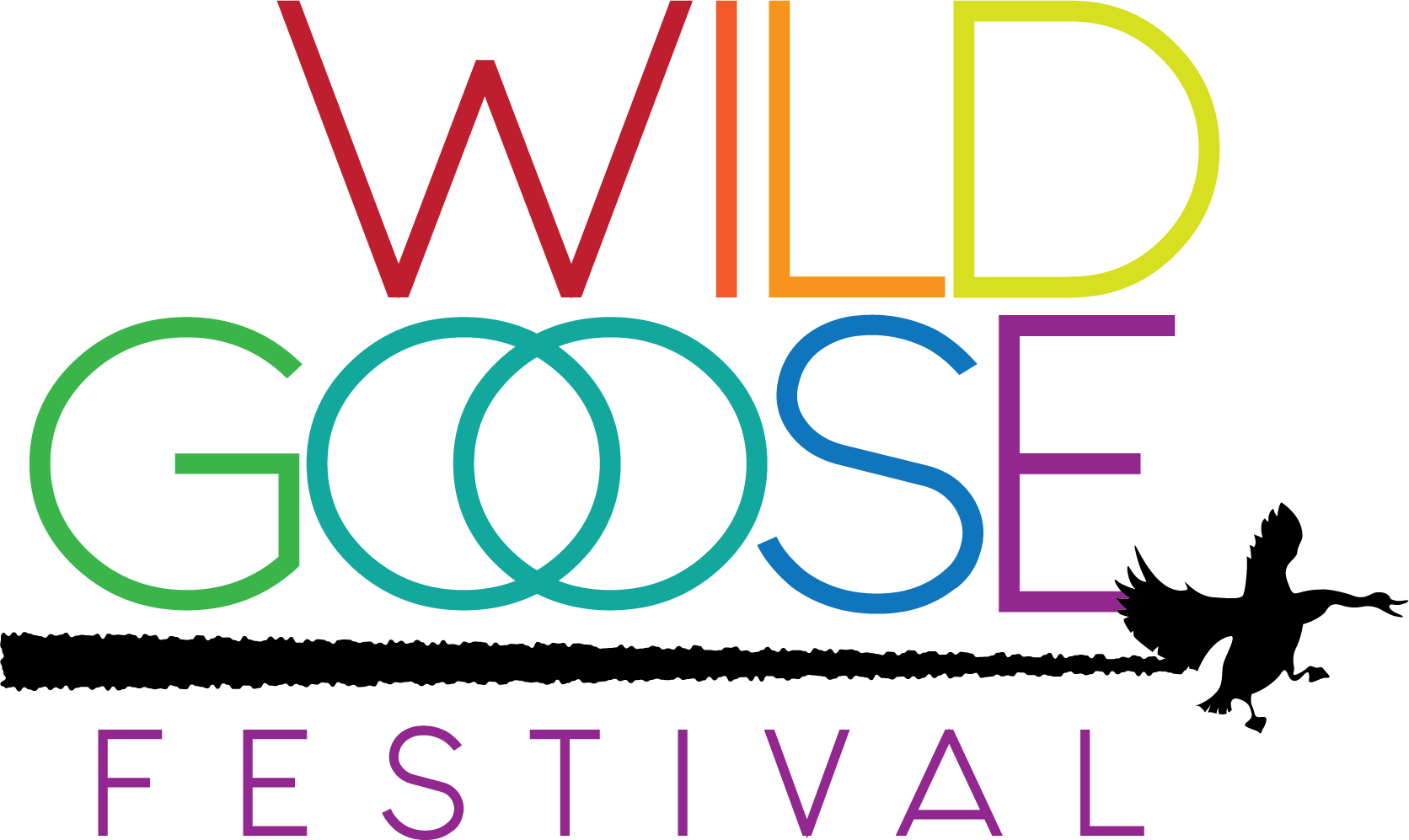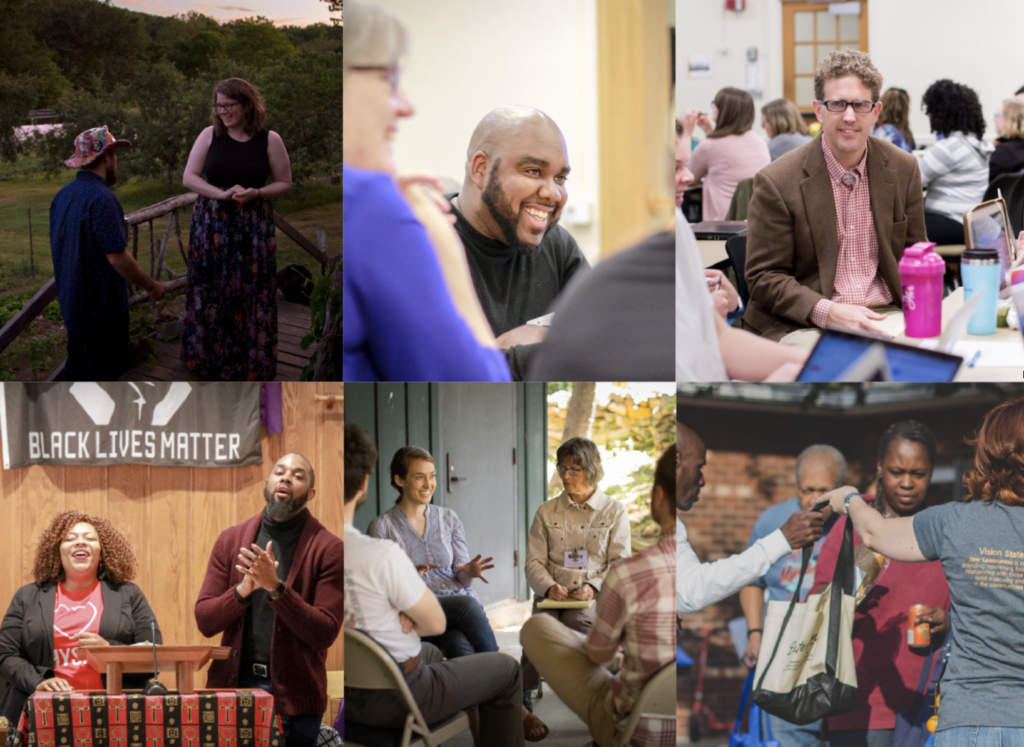In 2017, a group of students from Wake Forest University School of Divinity published a collection of prayers and poems titled Words Made Flesh. I begin by sharing one poem from that collection:
THE BODY, RE-MEMBERED
A prayer for Holy Communion
Not fences, Lord,
But tables.
No us,
No them,
But the whole body—
Re-membered.
Here at the table
We are hosted by Jesus,
Called into wholeness
Through radical hospitality,
Put back together
Through the breaking of the bread,
Filled up by the extravagant pouring out
Of your Great Love.
Here at the table
The shards of our hearts
Become a mosaic of hope.
We, the body,
Are re-membered
To be sent out again,
Grace-filled table-builders
In a fence-laden world.
— Nicole Newton (MDiv ‘17).
The unfortunate reality is that today’s religious culture no longer guarantees everyone a seat at the table. Rather, it seems that more barriers are being constructed that prohibit us from being in holy communion with one another. But, what if this reality was reimagined? What if theological education focused on providing space for religious leaders to sit at tables with the whole body? What if theological education re-membered community by evaluating new emerging patterns of religious life and built opportunities for new collaborations? Would we then see more “grace-filled table-builders in a fence-laden world?”
At Wake Forest University School of Divinity, we have explored exploring these questions with intentionality and investment. Our newest result? The Collaborative for Public Religious Leadership. The Collaborative for Public Religious Leadership connects the School of Divinity with community partners in the work of justice, reconciliation, and compassion. Through this collaboration, we aim to transform both ministry and theological education through innovative community partnerships and projects such as:
- The Art of Ministry Curriculum which focuses on vocational formation through the integration of classroom and internship-based learning to introduce students to the life and work of ministry.
- Clergy Making a Place: Early Career Pastors as Generative Community Leaders, a pastoral leadership initiative that connects clergy with business and civic leaders to effectively engage and respond to today’s social challenges.
- The Faith-Based Nonprofit Leadership Certificate Program, an online course aimed at building the skillset and knowledge of those leading and forming nonprofits.
- Food, Health, and Ecological Well-Being Program, which helps cultivate faithful leaders to work on food insecurity, health disparity, and/or ecological degradation.
- “The Foundry House,” an intentional Christian community that offers young adults from varying backgrounds and life experiences the opportunity to create a residential community that exemplifies the love of Jesus Christ.
- Practitioners-in-Residence, a program that presents short-term residential experiences at the School of Divinity for ministry practitioners to reflect on, read and write about, ritualize, and be in conversation with curious students, faculty, staff, and community members who share interests in the practitioner’s field of work.
- Worship Planning as a Spiritual Practice Congregational Partnership, a co-learning initiative between the School of Divinity and partner worshiping communities to promote worship services that cultivate a spirit of gratitude and collaborative hospitality, and embody Gospel care in and to the world.
Through such partnerships and projects, The Collaborative for Public Religious Leadership explores place-based pedagogies with faith communities and community partners to better engage wisdom about the life and work of ministry that is emerging in the practice of ministry. Instead of building fences, we are deconstructing them through collaboration.
I invite you to take a moment and further explore The Collaborative for Public Religious Leadership on our website and see how you or your organization may be able to sit at the table with Wake Forest University School of Divinity. Additionally, whether you are a prospective student, an alumni, or a potential collaborative partner, I invite you to stop by the Wake Forest University School of Divinity exhibit tent at this year’s festival to learn how you can engage with us in the work of justice, compassion, and reconciliation.
Rayce Lamb, Director of Ministry & Vocational Exploration
Wake Forest University School of Divinity
We’re so pleased to have Wake Forest Univseristy School of Divinity as a partner and sponsor of #WildGoose2018






